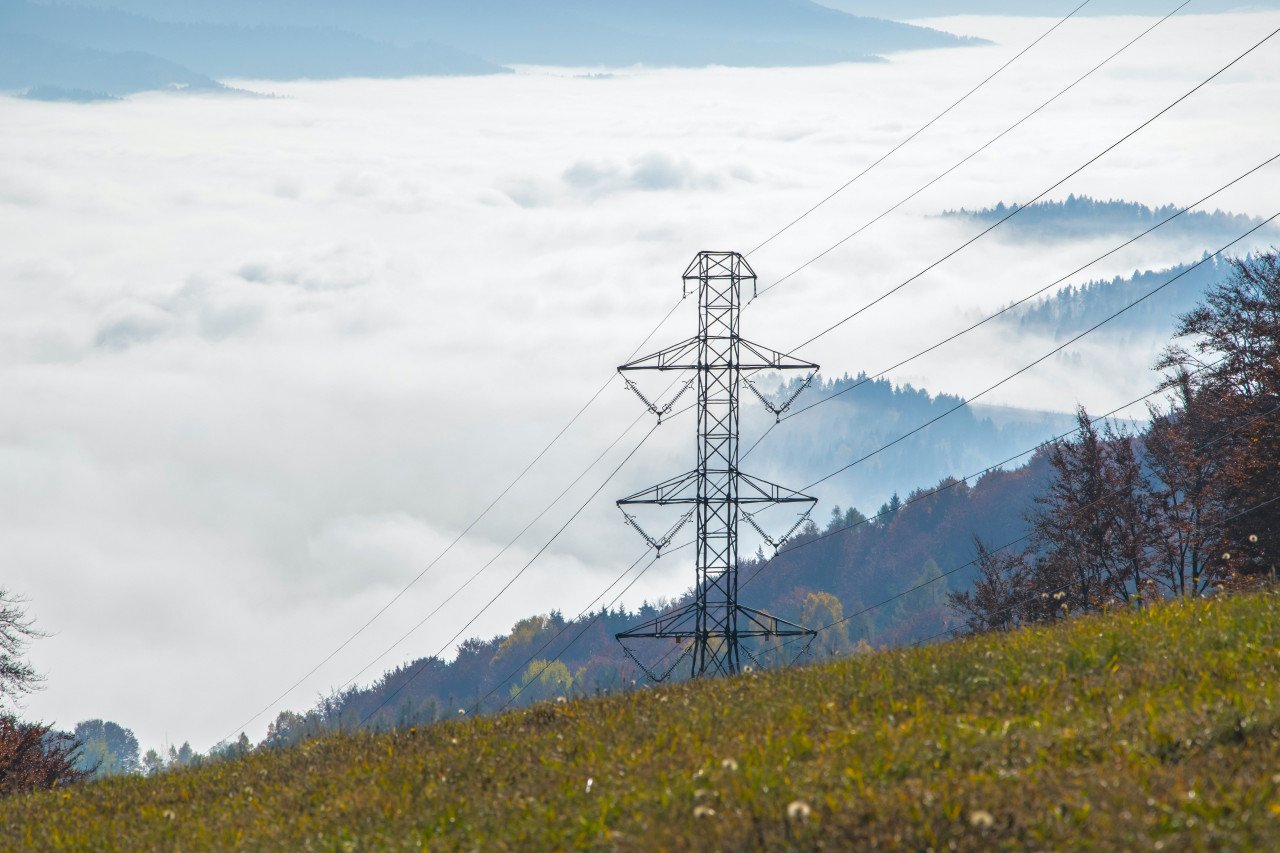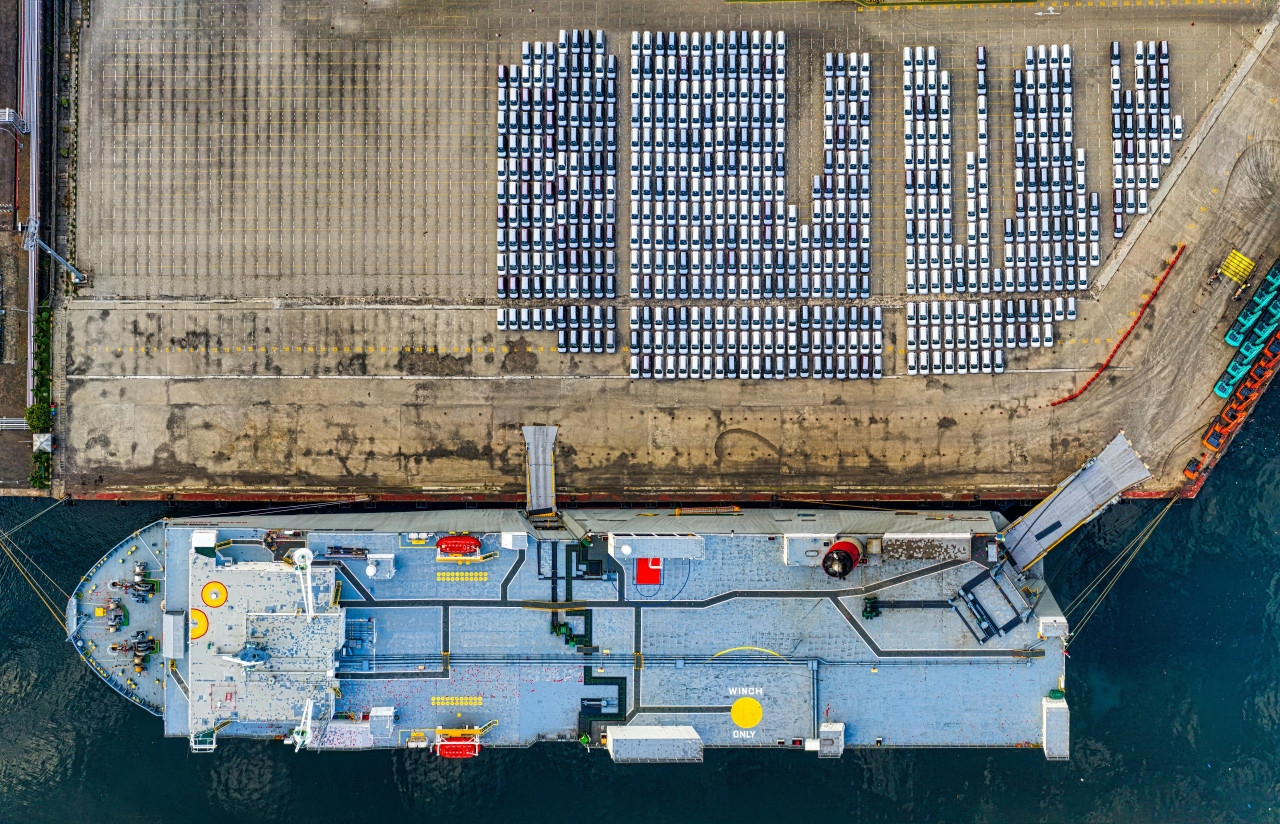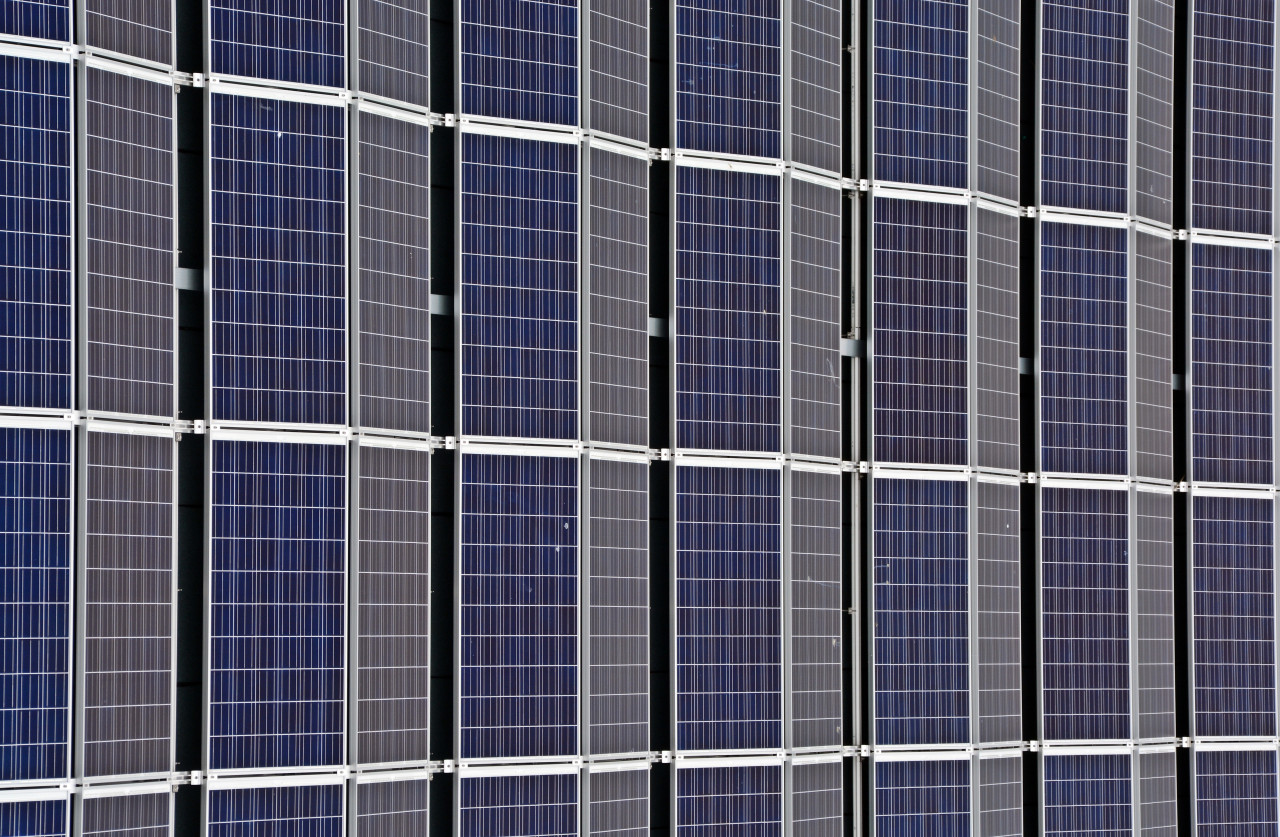Canada follows US, Europe in imposing higher tariff on EVs from China
Canada has imposed a 100 percent tariff on electric vehicles (EVs) imported from China, while also levying a 25 percent tariff on steel and aluminum imported from the Middle Kingdom.
The new EV tariff, which comes after similar decisions by the US and Europe, will start from October 1 this year, while the duties on steel and aluminum will kick-in from October 15.
Announcing the new levies, Canada's Prime Minister Justin Trudeau said the country was doing this to counter China's "intentional, state-directed policy of overcapacity".
Overcapacity refers to a production surplus that exceeds normal or generally-acceptable level of production surplus in a sector. The usual action of a country with overcapacity is to "dump" the excess product in a foreign nation at low prices, often below production cost, thus wiping out the target country's domestic capacity, and capturing its market.
China's EV manufacturers have been accused of accessing state subsidies, which they use to build cars cheaply. These cheaply priced EVs are then pushed into foreign markets, damaging that nation's local production capacity.

US alleges Chinese dumping, levies stiff tariffs on EVs, Li-ion batteries -
"We are transforming Canada's automotive sector to be a global leader in building the vehicles of tomorrow, but actors like China have chosen to give themselves an unfair advantage in the global marketplace", Trudeau told reporters, adding, "I think we all know that China is not playing by the same rules."
Canada will stand with the Western world in its EV stance, Trudeau indicated, adding that Canada would continue to work with the US and other allies to safeguard domestic markets. "What is important about this is we're doing it in alignment and in parallel with other economies around the world," he said.
Experts say Canada's decision isn't surprising. Although China is its second-largest trading partner after the US, Canada is trying to position itself as a critical part of the global EV supply chain and has courted several western automakers from General Motors and Ford to Stellantis, as well as battery companies SK On and LG Energy. The government had come under pressure from its domestic industry to take action against China, whose EVs have sparked fear in western carmakers.
Flavio Volpe, president of the Automotive Parts Manufacturers' Association, Canada's national association representing OEM producers of parts, equipment, tools, supplies, advanced technology, and services for the automobile industry, told reporters: "We feel vindicated and motivated. Let's now get to the business of defending our market with the best of Canadian innovation and resolve."
It is not immediately clear how this will affect Chinese EV makers that are setting up plants in Mexico, from which they could access both American and Canadian markets under the North American Free Trade Agreement (NAFTA).

As BYD inches closer to Mexico plant, company eyes foray into Canada market -
Flavio Volpe, president of the Automotive Parts Manufacturers' Association, Canada's national association representing OEM producers of parts, equipment, tools, supplies, advanced technology, and services for the automobile industry, told reporters: "We feel vindicated and motivated. Let's now get to the business of defending our market with the best of Canadian innovation and resolve."
Vina Nadjibulla, vice president of research and strategy at the Asia Pacific Foundation of Canada, told reporters: "The Canadian and US auto sectors are fully integrated, and it makes sense for Canada to be fully aligned and in lockstep with the US on these tariffs."
"This is consistent with Canada's economic and national security agenda. … The question mark right now is how China will react," Nadjibulla said.
China took umbrage at the tariffs. A spokesperson for the country's commerce ministry said Canada's actions "seriously undermine the global economic system, and economic and trade rules".
"China urges the Canadian side to immediately correct its erroneous practices," the spokesperson added.
China has taken the European Union to the World Trade Organization over the bloc's decision to levy additional duties on Chinese EVs.

Canada becomes first G20 nation to detail wind-up of fossil fuel subsidies -
What about Tesla?
It is unclear how Tesla would be affected by Canada's decision. The company does not disclose exports to Canada from its Chinese plant, but analysis shows the company exports the Model 3 sedan and Model Y crossover to Canada from its Shanghai Gigafactory.
Analysts expect the Elon Musk-led company to simple shift the gigafactory from which it exports cars to Canada. Seth Goldstein, equity strategist at Morningstar, commented: "In response to the tariffs, I would expect Tesla would shift its logistics and potentially export autos to Canada from the US."
Tesla has also successfully lobbied the EU to reduce the extra tariff rate on Tesla's coming in from China to nine percent, against the 36.3 percent imposed on vehicle from other Chinese EV marquees.























